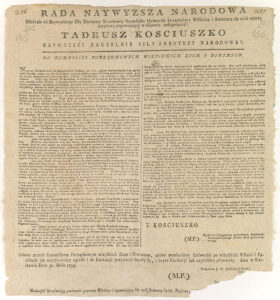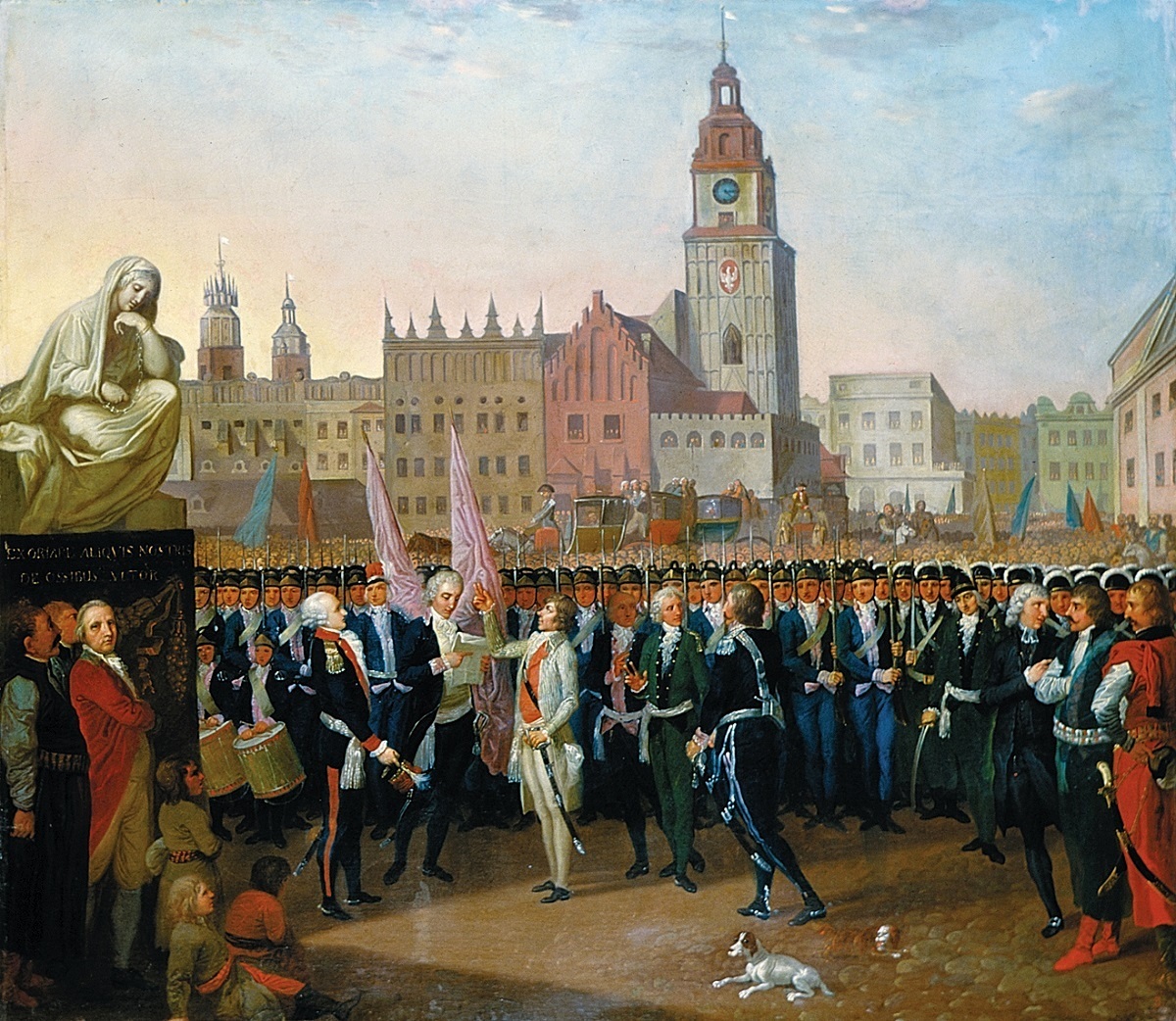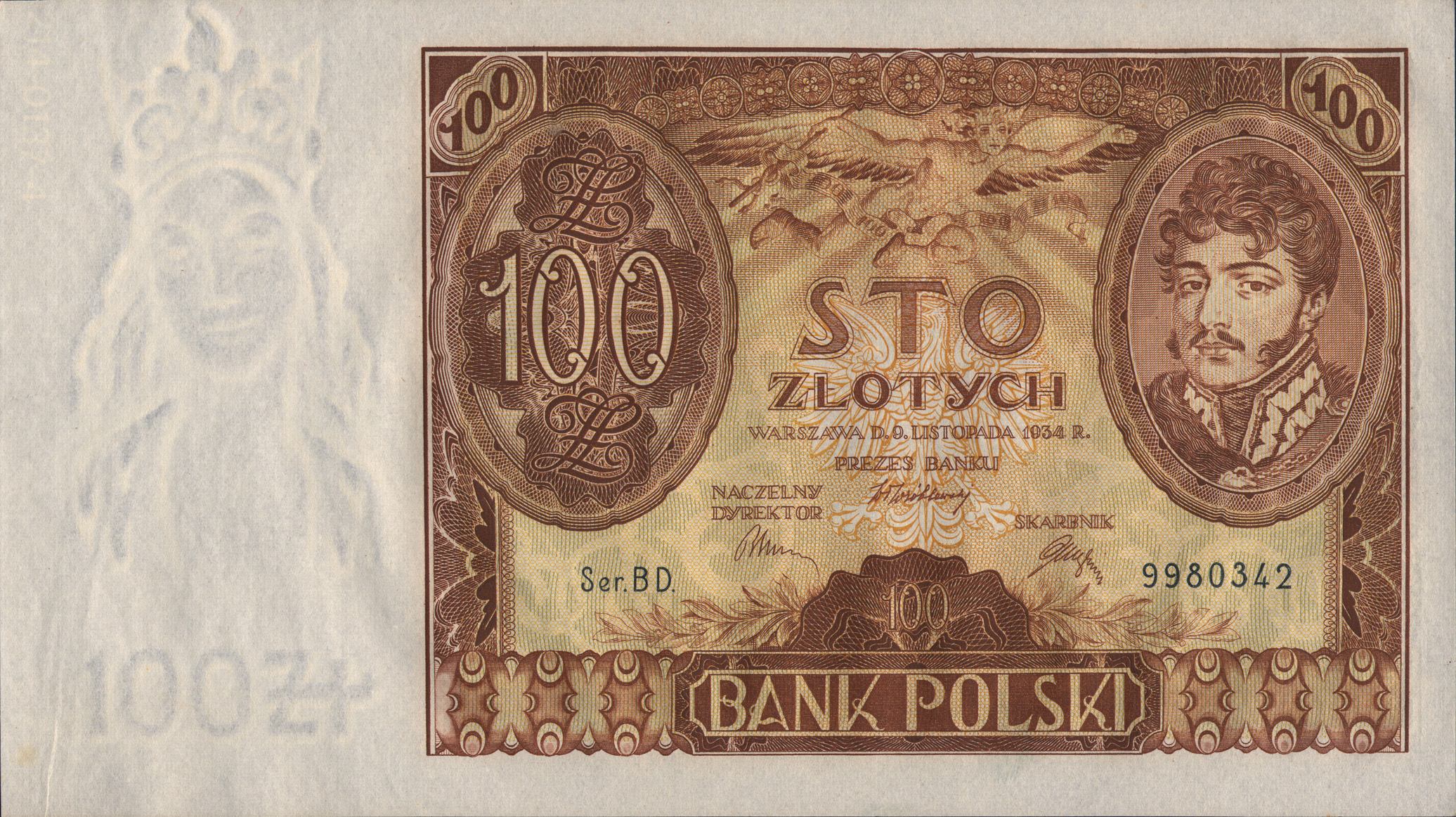Also known as the Połaniec Manifesto (Polish, Uniwersał połaniecki), the Proclamation was issued by Tadeusz Kosciuszko on May 7, 1794 near the city of Połaniec on the upper Vistula, on behalf of the ‘Country’s Government for the Commonwealth of the Two Nations’. A few weeks earlier, on April 4, 1794, Kościuszko’s troops had defeated the Russian army at Racławice – the famous battle in which the role of scythe-bearing peasant legions played a significant role. The Proclamation bestowed personal freedom to the serfs, reduced the scope of compulsory serfdom for them, and suspended the performance of serfdom duties for those conscripted to the army. Moreover, the Proclamation granted the right to peasants to leave their village after having settled their accounts, ensured that they could not be displaced from their lands, and allowed them to participate on their own in certain specified court proceedings. Moreover, the office of custodian was set up, tasked with ensuring that the peasants’ rights be observed in line with the provisions accepted.

The Proclamation had only insignificant influence on the situation of peasants, as the insurrection was soon to collapse. But it did become a legend and one of the documents to which subsequent insurrectionary and democratic movements drew upon in their bids to improve the lot of the peasants and grant them freedom, land ownership, and citizenship rights – and draw them into battle and work on behalf of an independent Poland.





